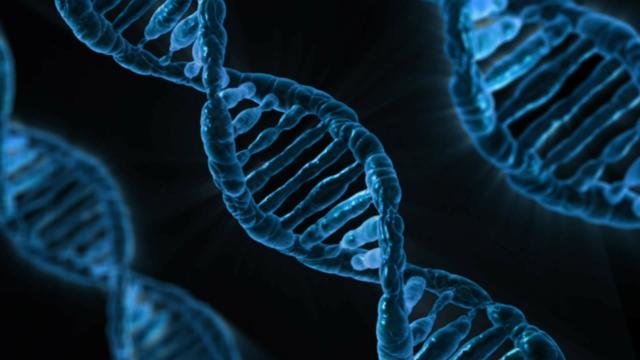The gene-editing technique CRISPR is often touted as an eventual cure-all for all that ails us, from fatal genetic diseases to food shortages. But when it comes to disease, it’s likely that it will have the most impact on disorders caused by mutations in one single gene. New research published this week in the Journal of Clinical Investigation suggests that Huntington’s Disease may be a good candidate for a CRISPR cure.
Image: Pixabay
Huntington’s Disease is a fatal, inherited disorder that gradually causes the breakdown of nerve cells in the brain. It’s caused by a gene that encodes a toxic protein that causes brain cells to die, with symptoms that usually show up around mid life.
In the new study from scientists at Emory University, researchers used mice engineered to possess the same human gene that causes Huntington’s. In such mice, the motor problems associated with Huntington’s show up at about nine months of age. They then used CRISPR-Cas9 to snip the part of the gene that produces the toxic protein. Weeks later, the researchers found that those proteins had almost fully disappeared from the brain, and the motor abilities of the mice had improved (though they still had some motor impairment). Longer term effects of the treatment are not yet clear, although the researchers think the genetic alteration will be permanent.
Their findings, the researchers wrote, suggested a permanent therapeutic treatment for Huntington’s, and potentially other neurodegenerative diseases, too.
This research, of course, is preliminary, though other scientists have said it is encouraging.
Importantly, in their paper the scientists reported finding no off-target effects, a major concern associated with using CRISPR in humans. Still, they write, it will have to be tested for long-term safety and efficacy before being ready to try out in people.
Already, there are two clinical trials using CRISPR in humans underfoot in China, and a US trial is slated to begin sometime in the next year. But those trials are aimed at cancer. While scientists have had success treating other single-mutation conditions such as sickle-cell anaemia and blindness in mice, so far, human trials for such diseases have not begun.
